Emergency Orthodontics in Chapel Hill
The team at Clifton & Mauney is here for you if you experience an injury or emergency during your orthodontic treatment. Luckily, orthodontic emergencies are extremely rare, but let’s look at some situations you might encounter during your treatment and best practices for dealing with them.
Dr. Clifton has the experience and knowledge to ensure you navigate your treatment smoothly and achieve the smile of your dreams. Schedule an appointment to see what makes us the best orthodontic provider in Chapel Hill!
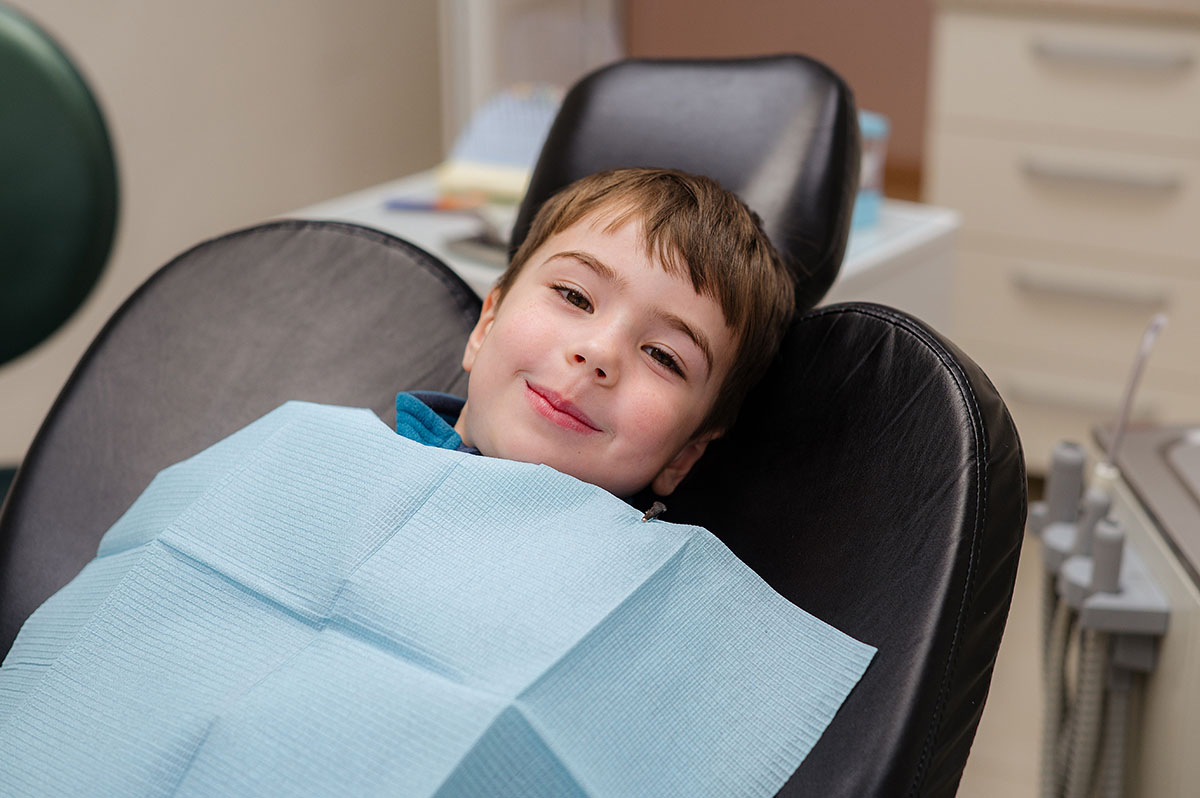
What is an Orthodontic Emergency?
During your treatment, you may experience situations ranging from mild discomfort to severe emergencies. True orthodontic emergencies that require immediate attention from an orthodontist are very rare. Your orthodontist can treat most of the situations during a follow-up visit.
Types of Emergencies* & Recommended Treatments:
*organized from least to most severe

General Discomfort
Feeling temporary tenderness is expected during treatment, especially after your orthodontist places or adjusts your braces. Some ways to help reduce the discomfort include:
- Take an over-the-counter pain reliever
- Rinse your mouth twice a day with one teaspoon of salt in 8 ounces of warm water
- Place a heating pad or warm washcloth on your jaw
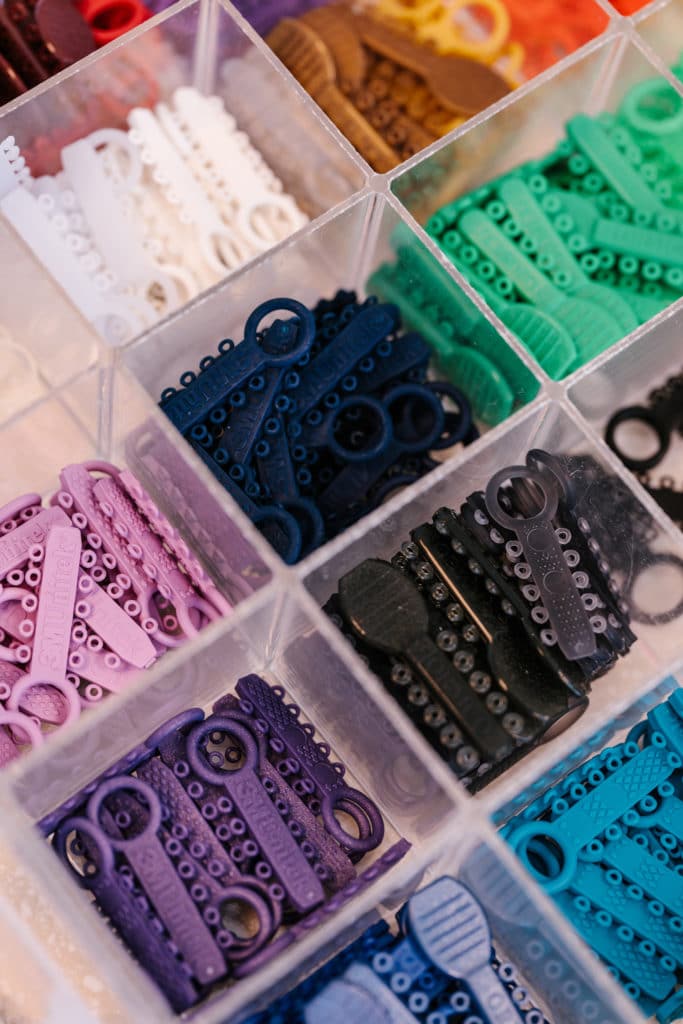
Lost or Broken Ligatures
Ligatures are small rubber bands that hold the archwire to the bracket. You can put a loose ligature back in place with sterile tweezers. If a wire ligature comes loose, you can remove it with tweezers also or bend it back to prevent rubbing. Be sure to examine all ligatures to ensure they remain secure.
- Contact our office so we can determine if you need to schedule a check-in visit.
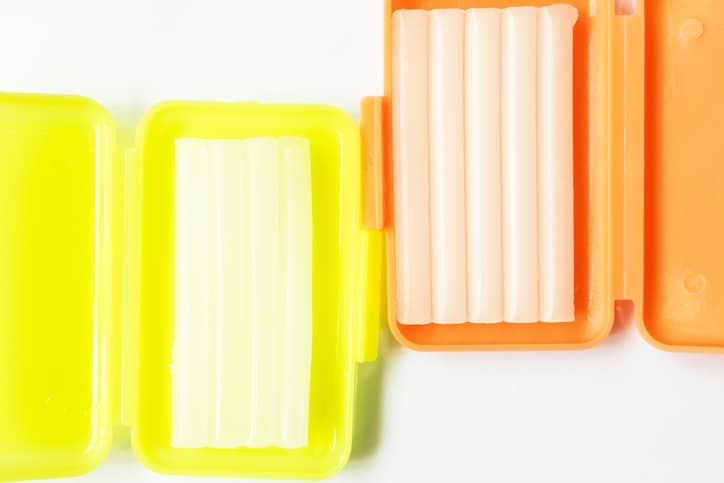
Irritation of Lips or Cheeks
New braces can sometimes rub against your lips or cheeks. Orthodontic wax can help create a buffer between the braces and your mouth. The wax is non-toxic and is harmless if swallowed.
- Apply orthodontic wax. Pinch off a small piece of wax and cover the irritating segment of the braces.

Poking Braces Wires
Wires can work themselves out of position and poke your mouth. You can push the wire flat and cover the wire with orthodontic wax. You should also contact our office to schedule an appointment so we can fix the wire. We can also provide additional suggestions on minimizing the irritation.
- Apply wax and give us a call. We’ll schedule a time to fix the wire.
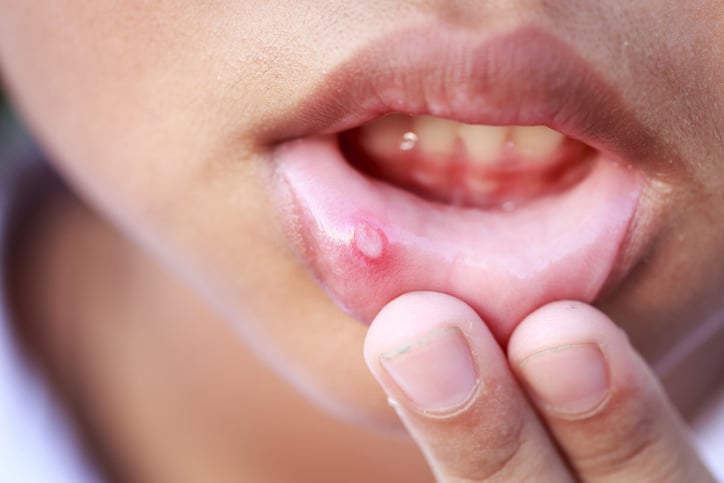
Mouth Sores
Mouth sores are ulcerations of the tongue, lips, or cheeks. Braces do not cause mouth sores, but sores may become exacerbated if you are susceptible to getting them.
- Topical anesthetics, including Orabase and Ora-Gel, may help provide relief.

Loose Brackets, Wires, or Bands
Brackets, wires, and bands may come loose if your mouth is struck while playing sports or if you eat hard or chewy foods. You can help prevent this problem by avoiding hard or chewy foods and wearing a mouth guard during sports or other physical activities.
- Contact us to schedule a time to repair the loose piece. It is important to act quickly to avoid delays in your treatment.
- If the adhesive holding the bracket fails, you can temporarily fix the bracket by rotating it and sliding it into the proper position with sterile tweezers.
- We may have other tips for your specific case that we’ll be able to provide over the phone.

Loose Brackets, Wires, or Bands
Brackets, wires, and bands may come loose if your mouth is struck while playing sports or if you eat hard or chewy foods. If the adhesive holding the bracket fails, you can temporarily fix the bracket by rotating it and sliding it into the proper position with sterile tweezers. You should contact our office as soon as possible to schedule an appointment so we can repair the loose piece. It is important to act quickly to avoid delays in your treatment.
You can help prevent this problem by avoiding hard or chewy foods and wearing a mouth guard during sports or other physical activities.
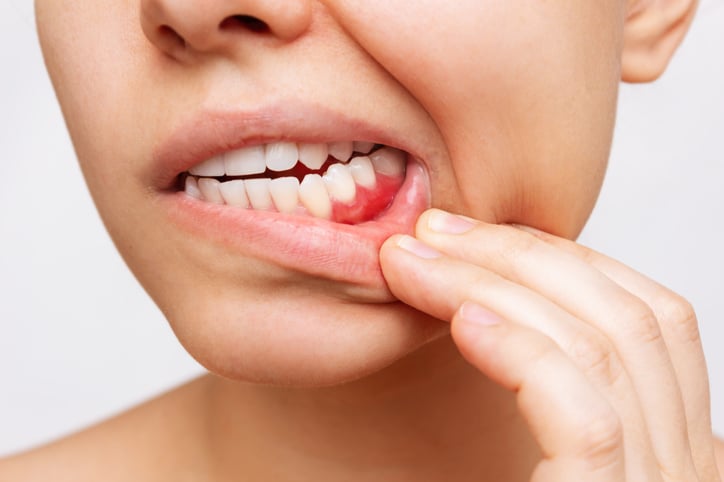
Severe, Persistent Swelling or Infection
Some swelling of the gums, mouth, or face may occur with newly placed braces and can be treated with over-the-counter medication. If this persists for many days or worsens, or if you notice any evidence of infection, you should reach out.
- Contact us asap if swelling lasts for several days or you notice signs of infection.

Loose Parts
It is very rare for a patient to swallow a loose part, but it can cause concern for the patient if it does happen.
- If a loose piece is still visible in your mouth or throat, you or a helper can carefully retrieve it. If doing so may cause any harm, DO NOT risk it. Stop and give us a call.
- If a piece has been swallowed, give us a call asap for guidance.
